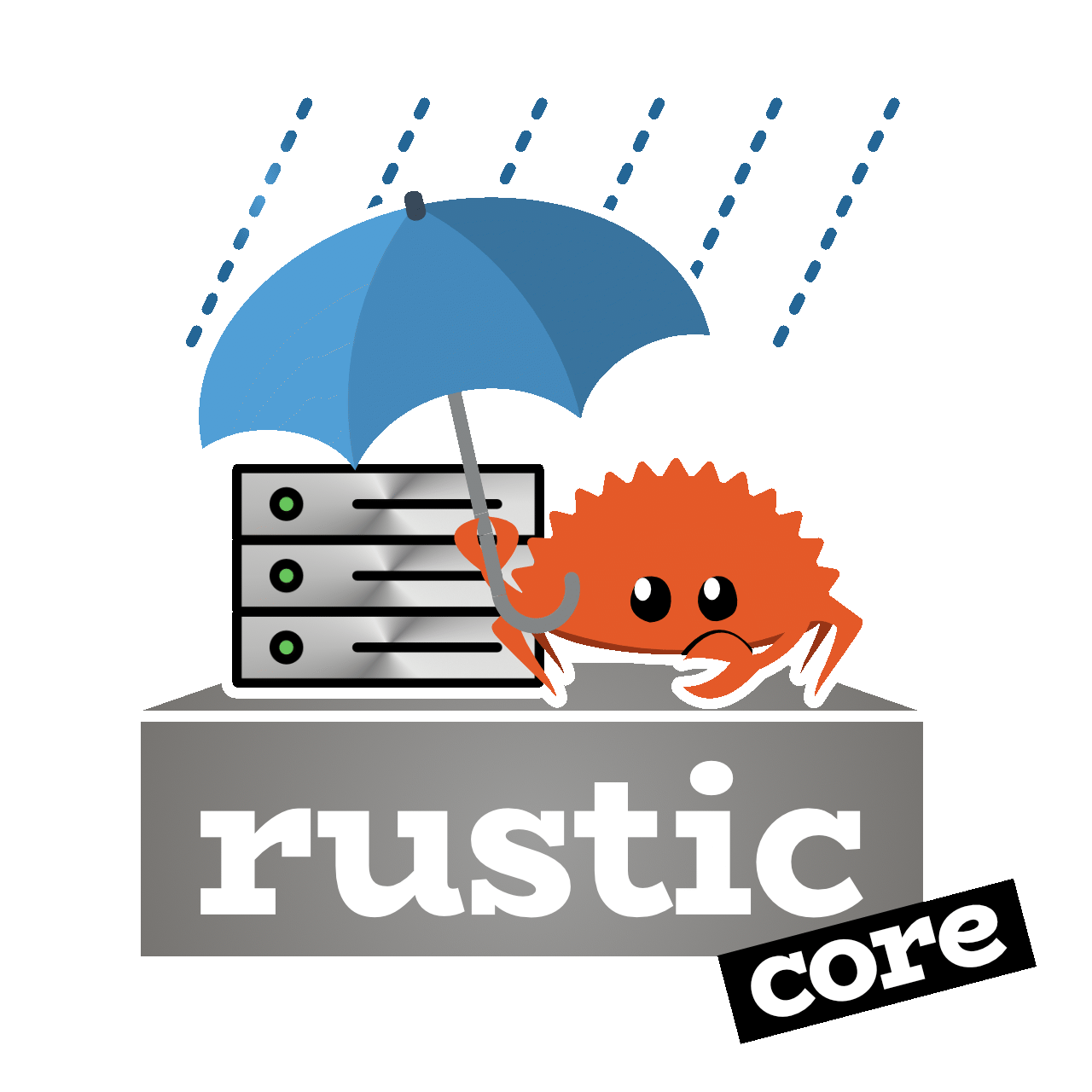miners
miners is a fast Rust library for the Maximal Information-based Nonparametric Exploration (MIC and MINE family). miners using rayon and vectorization to speed up the calculation of MIC, it is 15x faster than the original minepy implementation.
 Yep, RapidMIC has a problem dealing with noisy high amounts of data
Yep, RapidMIC has a problem dealing with noisy high amounts of data
Features
- APPROX-MIC (the original algorithm, DOI: 10.1126/science.1205438) and MIC_e (DOI: arXiv:1505.02213 and DOI: arXiv:1505.02214) estimators;
- Total Information Coefficient (TIC, DOI: arXiv:1505.02213) and the Generalized Mean Information Coefficient (GMIC, DOI: arXiv:1308.5712);
- A Rust library
- an efficient Python API
- 15x faster than minepy
Installation
To use miners in your Rust project, add it as a dependency in your Cargo.toml file:
Rust:
[dependencies]
miners = { git = "https://github.com/0xCuteSocks/miners.git" }
Python: from pip
pip install miners
Python: from source
$ git clone https://github.com/0xCuteSocks/miners.git && cd miners
$ maturin develop -r
# lots of progress output as maturin runs the compilation...
Usage
To use miners, you need to import the miners crate and use the mine_compute_score function to compute the statistics. For example:
Rust:
use miners::*;
use rand::{thread_rng, Rng};
use std::f64::consts::PI;
use std::time::Instant;
fn print_stats(score: &MineScore) {
println!("MIC_e: {}", mine_mic(score));
println!("MAS: {}", mine_mas(score));
println!("MEV: {}", mine_mev(score));
println!("MCN (eps=0): {}", mine_mcn(score, 0.0));
println!("MCN (eps=1-MIC): {}", mine_mcn_general(score));
println!("GMIC: {}", mine_gmic(score, -1.0));
println!("TIC: {}", mine_tic(score, false));
}
fn main() {
let x = (0..100000).map(|i| i as f64).collect::<Vec<f64>>();
let mut y = x
.iter()
.map(|&x| (10.0 * PI * x).sin() + x)
.collect::<Vec<f64>>();
let mut rng = thread_rng();
y.iter_mut().for_each(|y| *y += rng.gen_range(0.0..50000.0)); // add some noise
println!("x len {:?}, y len {:?}", x.len(), y.len());
let param = MineParameter {
alpha: 0.6,
c: 15.0,
est: EST::MICe
};
let prob = MineProblem::new(x, y, ¶m).unwrap();
let now = Instant::now();
let computed_score =
mine_compute_score(&prob.clone(), ¶m.clone()).expect("Failed to compute MineScore");
println!("time cost: {:?}", now.elapsed());
// Access the computed score's attributes if needed
println!("Computed Score (n): {}", computed_score.n);
println!("Computed Score (m): {:?}", computed_score.m);
println!("Computed Score (M): {:?}", computed_score.mat);
println!("With noise:\n");
print_stats(&computed_score);
}
Python:
$ python
>>> import miners
>>> import numpy as np
>>> x = np.linspace(0, 100000, 100000)
>>> y = np.sin(10 * np.pi * x) + x
>>> param = miners.MineParameter(alpha=0.6, c=15, est=miners.EST.MICe)
>>> prob = miners.MineProblem(x, y, param)
>>> score = miners.mine_compute_score(prob, param)
>>> print(miners.mine_mic(score))
Documentation
WIP
License
miners is licensed under the GNU General Public License v3.0. See 
References
-
Davide Albanese, Michele Filosi, Roberto Visintainer, Samantha Riccadonna, Giuseppe Jurman and Cesare Furlanello. minerva and minepy: a C engine for the MINE suite and its R, Python and MATLAB wrappers. Bioinformatics (2013) 29(3): 407-408 first published online December 14, 2012 doi:10.1093/bioinformatics/bts707.
-
RapidMic is a simple, easy-to-use, rapid for computing Maximal Information-based Nonparametric Exploration(D. Reshef, Y. Reshef, H. Finucane, S. Grossman, G. McVean, P. Turnbaugh, E. Lander, M. Mitzenmacher, and P. Sabeti. Detecting novel associations in large datasets. Science, 6062(334):1518-1524, 2011.)
-
(1) GitHub - minepy/minepy: minepy - Maximal Information-based Nonparametric Exploration .... https://github.com/minepy/minepy.
-
(2) GitHub - RapidMic is a simple, easy-to-use, rapid for computing Maximal Information-based Nonparametric Exploration .... https://github.com/HelloWorldCN/RapidMic.
contribute
If you find any bugs, feel free to open an issue or submit a pull request to fix them.

